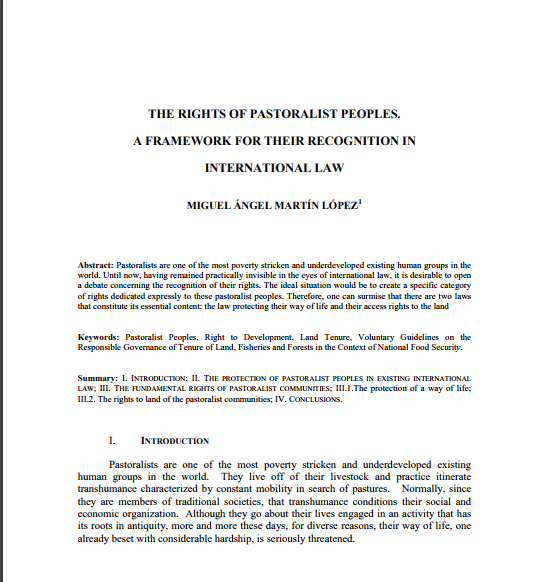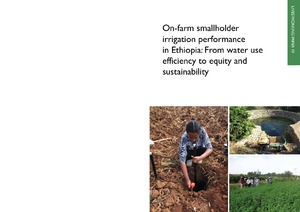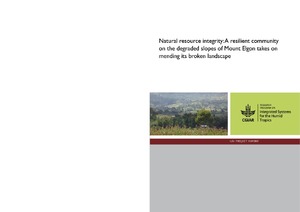Location
Vision, mission and strategy
ILRI's strategy 2013-2022 was approved in December 2012. It emerged from a wide processof consultation and engagement.
ILRI envisions... a world where all people have access to enough food and livelihood options to fulfil their potential.
ILRI’s mission is... to improve food and nutritional security and to reduce poverty in developing countries through research for efficient, safe and sustainable use of livestock—ensuring better lives through livestock.
ILRI’s three strategic objectives are:
- with partners, to develop, test, adapt and promote science-based practices that—being sustainable and scalable—achieve better lives through livestock.
- with partners,to provide compelling scientific evidence in ways that persuade decision-makers—from farms to boardrooms and parliaments—that smarter policies and bigger livestock investments can deliver significant socio-economic, health and environmental dividends to both poor nations and households.
- with partners,to increase capacity among ILRI’s key stakeholders to make better use of livestock science and investments for better lives through livestock.
This is ILRI’s second ten-year strategy. It incorporates a number of changes, many based on learning from the previous strategy (2000–2010, initially produced in 2000 and modified in 2002), an interim strategy (2011–2012) and an assessment of the external and internal environments in which the institute operates.
Members:
Resources
Displaying 146 - 150 of 1152The rights of pastoralist peoples. A framework for their recognition in international law
Pastoralists are one of the most poverty stricken and underdeveloped existing human groups in the world. Until now, having remained practically invisible in the eyes of international law, it is desirable to open a debate concerning the recognition of their rights. The ideal situation would be to create a specific category of rights dedicated expressly to these pastoralist peoples. Therefore, one can surmise that there are two laws that constitute its essential content: the law protecting their way of life and their access rights to the land
On-farm smallholder irrigation performance in Ethiopia: From water use efficiency to equity and sustainability
On-farm smallholder irrigation performance in Ethiopia: From water use efficiency to equity and sustainability
Natural resource integrity: A resilient community on the degraded slopes of Mount Elgon takes on mending its broken landscape
The once beautiful foothills of Mount Elgon, in eastern Uganda are today seriously degraded, with excessive water run-offs and landslides becoming regular occurrences. Restoring the health and productive potential of the agroecosystem had become a dire need of those, mostly women, who stayed to farm it. By challenging the status quo and doing things differently, the Kapchorwa District Landcare Chapter (KADLACC) has been helping this farming community over the past fifteen years to manage its natural resources more sustainably, as well as more profitably.




